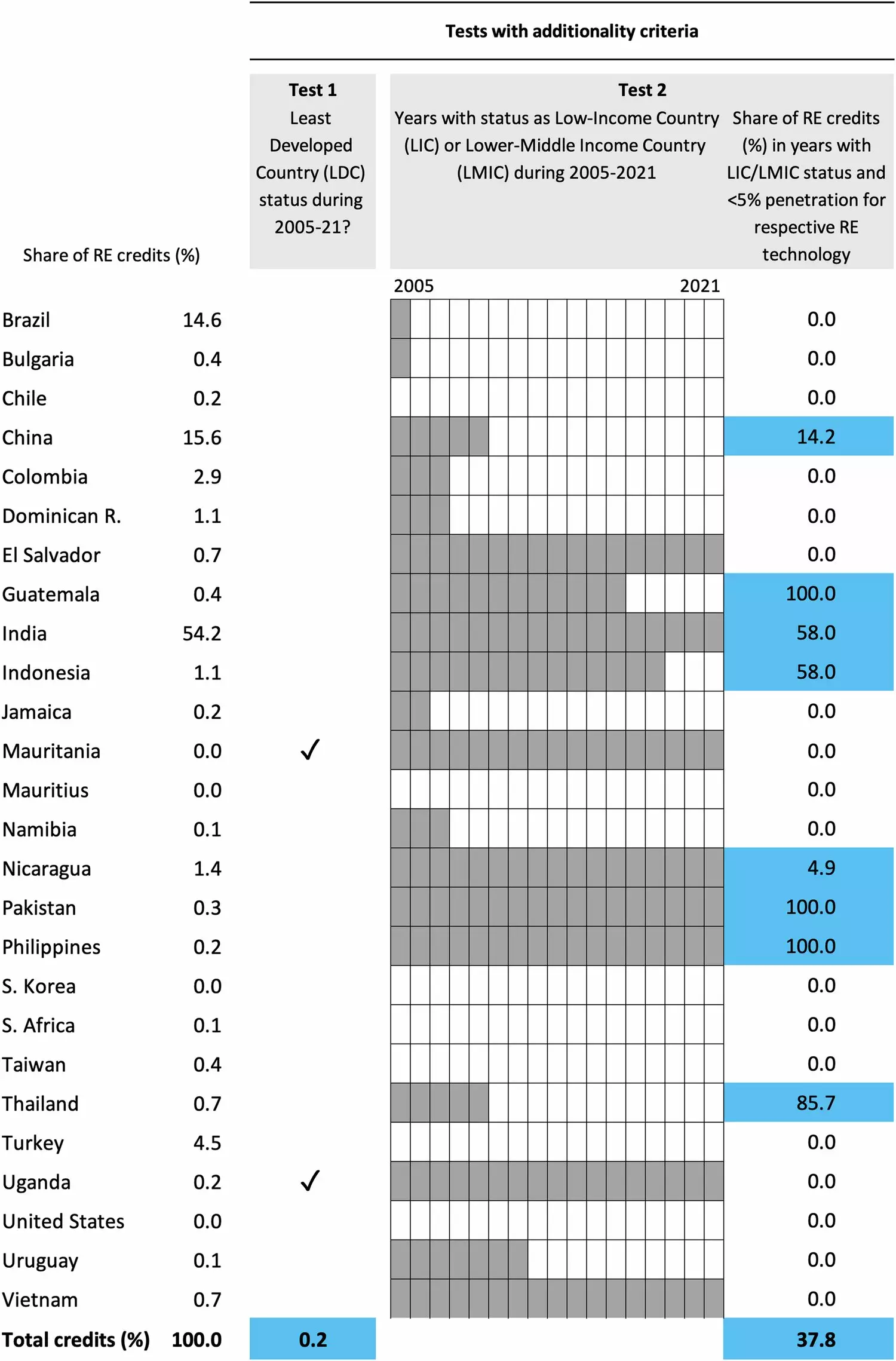The narrative surrounding corporate responsibility and environmental accountability is increasingly dominated by claims of carbon neutrality or significant carbon reduction. However, recent research indicates that such claims may often be more superficial than substantive. A thorough examination has revealed that many leading companies, including major oil corporations, automotive manufacturers, and airlines, have largely turned to ineffective and low-quality carbon credits to fulfill their environmental commitments. This raises critical questions about the actual impact of corporate climate actions and the integrity of the voluntary carbon market (VCM).
In a comprehensive study conducted by researchers at Kyoto University, significant concerns were raised regarding the quality of carbon offsets, particularly from the twenty largest purchasers in the VCM. The data, which analyzed offset retirements from 2020 to 2023, revealed that a majority of these corporations relied on older, cheaper offset credits that originated from projects initiated over a decade ago. As a result, these companies generated little to no new funding for innovative climate solutions, which is essential if meaningful progress is to be achieved in combating climate change.
The study illuminated a critical flaw within the operational framework of the VCM: the lack of adherence to credible quality standards among offset providers. None of the twenty scrutinized companies could demonstrate that a significant portion of their retired offsets met established benchmarks for quality. This not only undermines the effectiveness of their claims but also questions the overall efficacy of the offsets being purchased. Gregory Trencher, the lead author, emphasizes that these findings reflect ongoing issues not only on the supply side of carbon credits but also on the demand side, as companies continue to prioritize cost-saving over impactful climate investment.
Alarmingly, nearly all the companies under scrutiny have pledged to achieve net-zero emissions. This contradiction highlights a concerning trend where businesses may be “greenwashing”—promoting an image of environmental consciousness while relying on ineffective measures to fulfill their goals. With many companies further marketing their operations as “climate neutral,” there is a clear misalignment between rhetoric and reality, potentially misleading consumers and stakeholders regarding their actual environmental impact.
Trencher asserts that the existing practices prevalent in the VCM are inadequate substitutes for stringent government policies aimed at fostering meaningful emissions reductions. Relying on low-quality offsets distracts from pursuing necessary systemic changes in energy production, supply chains, and business models. It is evident that for any genuine progress to occur, a shift towards investing in robust, high-quality climate solutions, backed by enforceable regulations and standards, is essential.
While companies may celebrate their achievements in carbon offsetting, the underlying reality suggests that these efforts often fall short. A critical re-evaluation of corporate climate strategies and a commitment to enhancing the integrity of the voluntary carbon market are direly needed. Only then can we foster a sustainable path towards genuine environmental stewardship.

